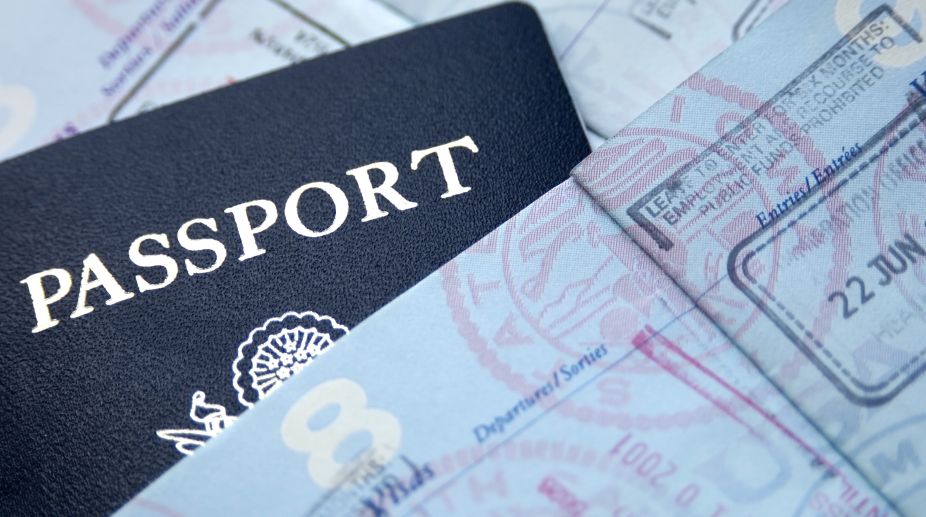America under siege?
It seems just from observing the events going on around me over the past 20 years or so that the…

passport Getty Images
The move by President Donald Trump to ban citizens of seven Muslim majority countries has created a lot of turmoil both within the US and globally. Caught in the wake of the ban are international students studying in or intending to study. While the legal challenges ensued have put a temporary hold on the ban taking effect, it is clear that the Trump administration will fight and eventually get its way, probably through another executive order, differently worded.
It is quite apparent that the thought leaders do not realise that these moves would harm the US itself, more than those it is targeting. Its companies will be denied the best available global talent and will also distract amongst those whom it seeks to neutralise. The US is an immigrant country and its constitution is clear in the protection it affords all people regardless of colour, creed or religious belief. Despite that, changing the very fundamentals with the discourse will inject into the body politic.
The impact on the rest of the world would be immense and will likely change the way we interact and transact with different countries and cultures. Grappling with Trump’s executive order are also the international students from India. The implications of these intended changes that have been in place till now poses uncertainties. For one, they may not have the work options after they graduate from the US universities that they have had till now, or the bar may be raised considerably. This will rob them both of gaining work experience and exposure in the world’s leading economy and innovation-leading companies, but also from gaining some return on their education investment.
Advertisement
However, for students who are from the upper socio-economic strata and others who do not consider it important to work post-study completion, the setbacks are considerably less. They will most likely choose to proceed simply for the great education and the campus experience. In addition to that, Indian students looking for scholarship opportunities will find themselves disadvantaged.
All in all, students looking for a migration prospect will find it tough if the ruling is passed. Those who aim for an overseas education is to use opportunities that are legally available to work after completing their studies or to migrate are already looking at backup options across the world.
These include applying to countries that are still open and welcoming to international students, not just to boost the income of their often cash-strapped universities due to cuts in public funding, but also to fill critical skill gaps within their economies and societies.
Thus, students are applying in increasing numbers to alternative destinations such as Canada, Australia, New Zealand, Ireland, Germany and other European destinations like France, Italy and Spain. Singapore is also a potential beneficiary, as well as Dubai for the undergraduate segment particularly. Among these countries, Canada, Australia, New Zealand, Ireland and Germany permit students 20 hours of part-time work per week and also grant post-study work opportunities. Often, these lead to immigration opportunities when the student meets the legal parameters set by the particular country. Students are now increasingly planning their overseas studies keeping the legal framework in mind, such as language skills, area of study, work experience, age, etc.
At this point it is too early to weigh in on the impact of the US Visa ban. It will be a wise decision to have a fall back option.
The writer is chairman and founder, The Chopras.
Advertisement